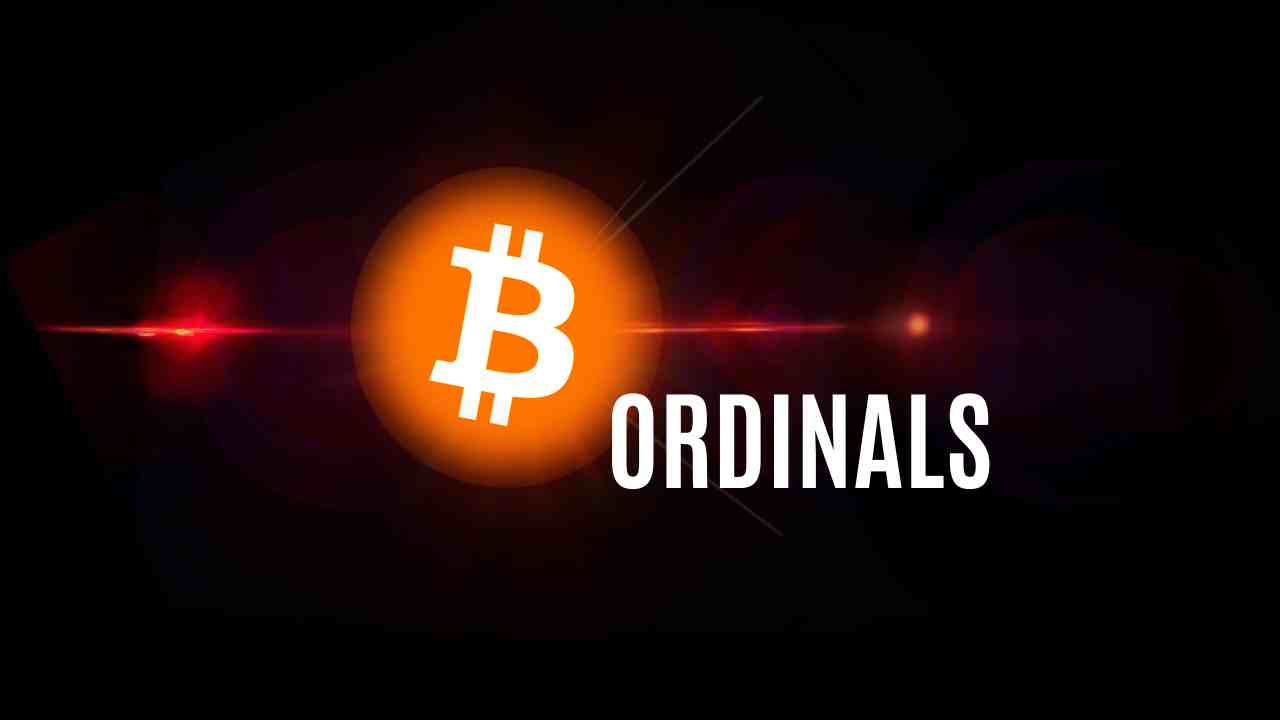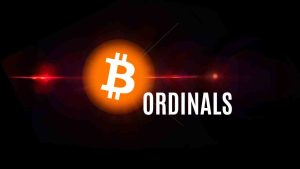Join Our Telegram channel to stay up to date on breaking news coverage
Bitcoin Ordinals Launchpad Luminex’s New Collection Standard Cuts Inscription Costs By 90%
Luminex, a Bitcoin Ordinals launchpad platform, has launched a new ordinals standard, BRC-69. The standard is said to have the ability to significantly reduce the cost of inscription while also introducing an entirely new on-chain pre-reveal process.
Introducing BRC-69
Upon their launch early this year, Bitcoin Ordinals took the blockchain and NFT industry by storm. Through the Taproot upgrade in 2021, which made Bitcoin more scalable, the ordinals protocol was created and launched by Casey Rodarmor.
The new protocol brought new use cases for the Bitcoin blockchain network by introducing rarity to satoshis. Essentially, the ordinal protocol provides satoshis with unique identities through the inscription of content that enables tracking and transferring.
The number of Bitcoin Ordinals has grown rapidly since their debut. Based on data from BRC-20.io, which tracks ordinals, there are currently 35,512 BTC-20 tokens in circulation. The overall market capitalization has hit an astounding $1.227 Trillion with a trading volume of over $42.39 Billion.
However, as the number of BRC-20 inscriptions increases, the Bitcoin network has suffered a scarcity of block space. Consequently, BTC transaction fees have increased dramatically as more and more transactions wait in line pending.
In a bid to alleviate the pressure on the network, Luminex developed what it calls a “revolutionary standard”. According to Luminex, the new BRC-69 standard is able to reduce the cost of inscribing Ordinal collections by over 90%.
Bitcoin Ordinals Launchpad platform Luminex has announced the launch of a new ordinal collection standard: BRC-69, which can can reduce the costs of inscriptions for Ordinals collections by over 90% and launch collections with an entirely on-chain pre-reveal process.…
— Wu Blockchain (@WuBlockchain) July 4, 2023
The BRC-69 standard makes this reduction possible through a 4-step process,
“Why do we need a Recursive standard?” As the number of inscriptions grows, Bitcoin block spaces become increasingly scarce and costly. We need innovative approaches to enable creators to manifest their ideas while optimizing efficiency,” Luminex explained.
How BRC-69 Works
Through a 4-step procedure that includes inscribing traits, deploying the collection, compiling the collection, and minting assets, BRC-69 lowers expenses. With this standard, minters are only required to engrave one line of text rather than an entire image.
In contrast to other SVG recursive collections, these images are dragged, dropped, and saved as standard image-type Ordinals. This innovation provides minters and collectors with a convenience that was not possible before.
Due to the capabilities of recursive inscriptions, this text enables the final image to be automatically rendered on all ordinals-frontends utilizing only on-chain resources.
Aside from that, BRC-69 also offers more flexibility and options to enhance and add features to the ordinals. For instance, with this standard, minters will now be able to launch collections with an entirely on-chain pre-reveal process.
Pro-Ordinals or Anti-Ordinals
This development comes after an update on the Bitcoin Ordinals Protocol that enables inscriptions to surpass the 4MB threshold that was set initially. Before the update, minters could only fully inscribe a file on the chain if it was within the threshold.
(3/7) With BRC69, we can reduce the costs of inscriptions for Ordinals collections by over 90%. This reduction is achieved through a 4-step process: (1) inscribe traits, (2) deploy collection, (3) compile collection, and (4) mint assets.
— Luminex (@luminexio) July 3, 2023
However, the update introduced recursive inscriptions that allowed inscriptions to request the content of other inscriptions allowing files to surpass the threshold.
The idea of Bitcoin Ordinals still remains a matter of debate in the blockchain and crypto industry. On one end, innovators are excited due to the opportunities this new ability provides for the Bitcoin chain. Aside from transferring BTC, the chain can now be used to hold collectibles that add a personal touch to BTC.
Additionally, ordinals provide another avenue for miners to make money, especially since after mining is done, gas fees will be the only way to make money on the Bitcoin chain.
However, so far, the disadvantages of this upgrade have been felt by holders and crypto firms alike. From the congestion on the chain that has resulted in a scarcity of block space, to the increased gas fees that have made it more expensive to facilitate transactions of BTC.
For instance, due to the massive congestion, the Binance exchange temporarily closed BTC withdrawals due to 400,000 pending transactions clogging the mempool.
Some ordinals supporters believe that these effects will fade over time as more developers seek solutions to alleviate it, one being the BRC-69 standard.
Related Articles
- Bitcoin Price Stagnates at $30K as ETF Applicants Resubmit Applications in Asian Market
- Ethereum Launches Ethscriptions To Rival Bitcoin Ordinals
- NFT Market Update: Bitcoin Ordinals Rival Ethereum NFTs, Inscriptions Hit 10M, And More
Join Our Telegram channel to stay up to date on breaking news coverage


